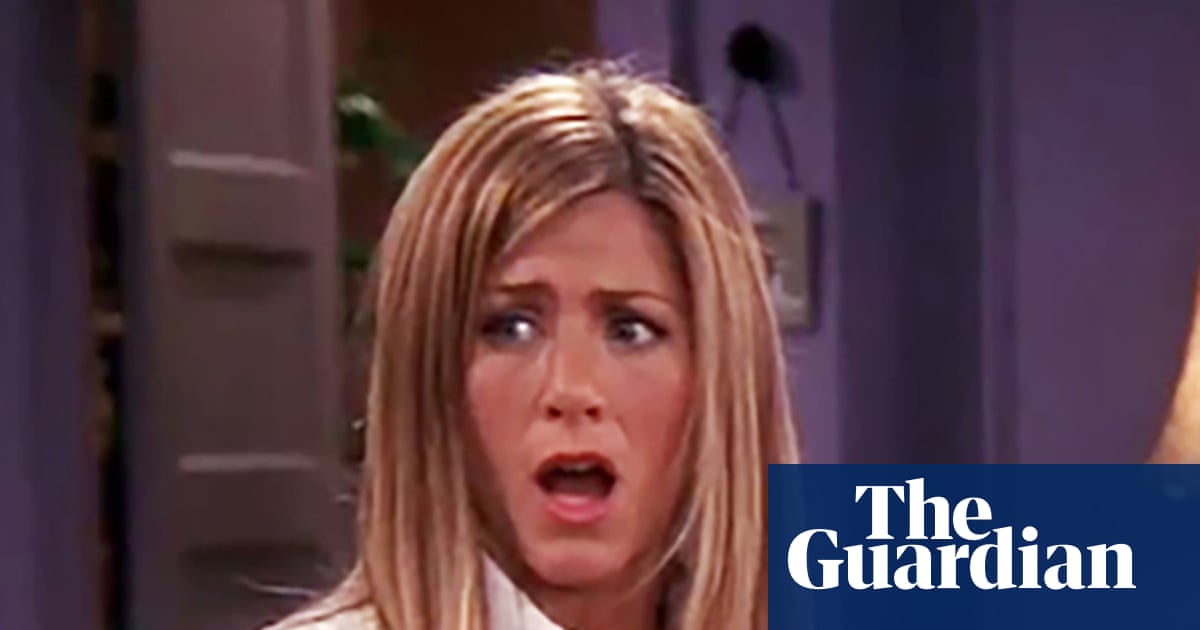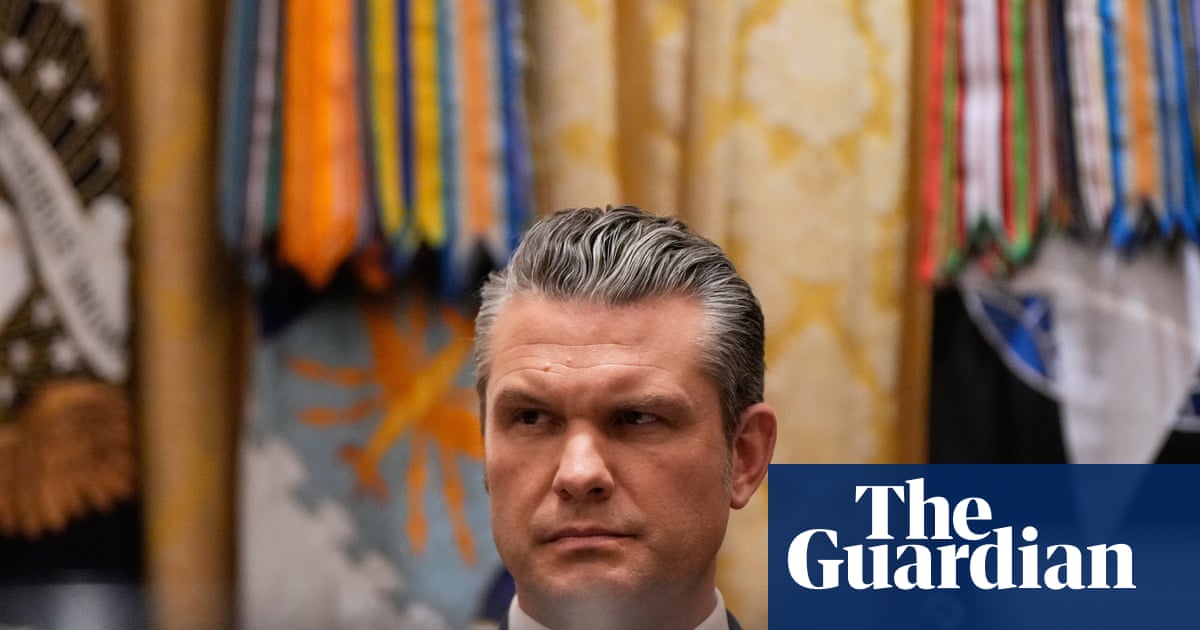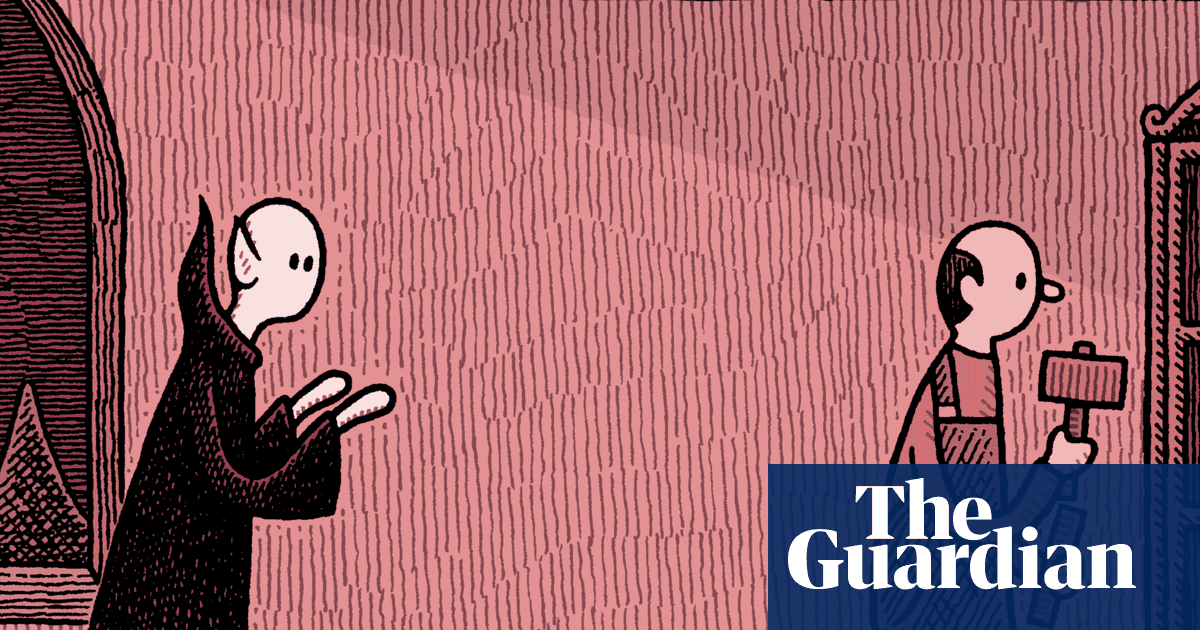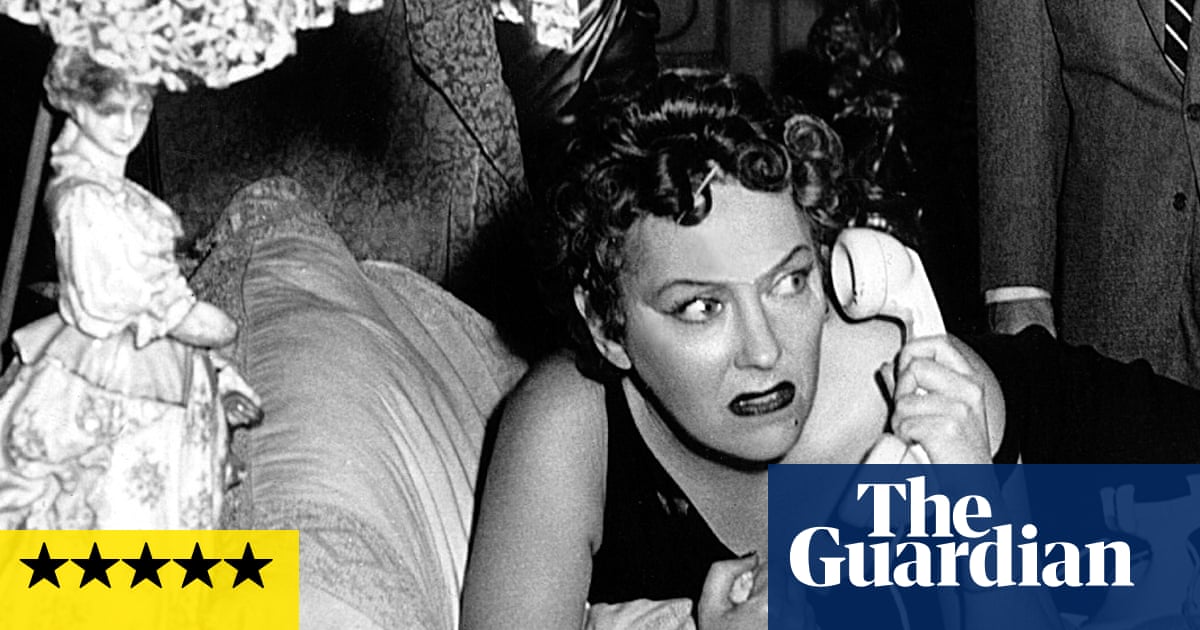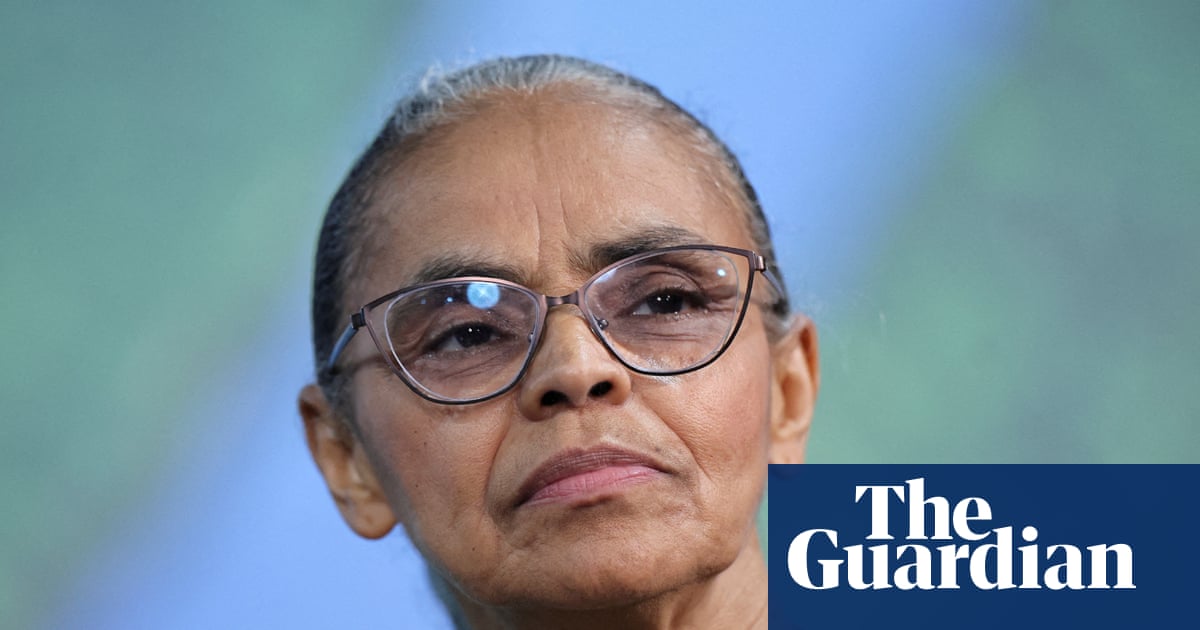Tony Caunter, who has died aged 88, spent more than 30 years as a jobbing actor before finding fame in EastEnders as the mild-mannered Roy Evans, a car dealer who married Pat Butcher. The couple met on Boxing Day 1994 when the bombastic Pat (played by Pam St Clement) stormed into Roy’s office to tear him off a strip for selling a faulty vehicle to her son, David Wicks (Michael French).
The gentle Roy apologised by sending her flowers and a car wrapped in a large red ribbon. Pat eventually gave in to his requests for a date and was surprised that, for months, he showed no interest in consummating their relationship. It emerged that Roy was impotent
, “… because of the guilt that he was having an affair when his wife went into early labour and died,” Caunter told the Guardian in 1999. “Pam and I and the writers had discussed the impotence storyline a long time before Viagra came along.” When Roy illegally bought the new drug, he suffered life-threatening side-effects as a result of his angina. Counselling and Pat’s understanding helped him to overcome his problem.
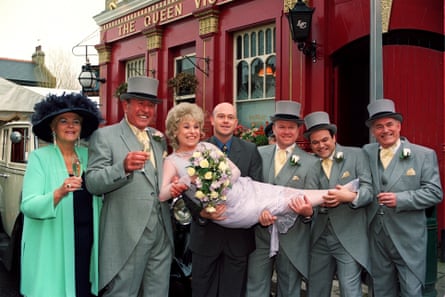
The couple married in 1996 and Roy ran the Albert Square car lot, Deals on Wheels, with Pat and his son Barry (Shaun Williamson). The marriage survived Pat’s affair with her former husband Frank (Mike Reid) four years later, but when in 2003 Roy discovered that Pat had helped to cover up an affair between Frank’s son, Ricky (Sid Owen), and Barry’s wife, Natalie (Lucy Speed), he died of a heart attack.
Given the axe by EastEnders’ executive producer, Louise Berridge, after nine years and more than 600 episodes, Caunter was reported to be unhappy that the storyline left no room for a comeback. St Clement, who pleaded for him to stay, recalled in her 2012 autobiography, The End of an Earring: “I didn’t want him to go, or the character to be killed off. I felt the programme needed some solidity, which could be gained by an ongoing family unit, when so many others were breaking up.”
In 2010, Berridge said she had wanted a return to the “wild, dangerous Pat” and Roy was stifling her, but she admitted regret at dropping Caunter. “To galvanise Pat, we had to lose Roy,” she added. “But I wish now we’d found some other way. Roy had a stability about him that we needed.”
Caunter was born in Southampton, to Annie (nee Stratton) and Roy Caunter. His mother and grandmother both performed in touring musical revues and had first met Roy in Weymouth in a cafe he managed. His mother died of cancer when Tony was 11, and he was brought up by his grandmother in Worthing, West Sussex, where he attended the town’s high school. He set his mind on a stage career and joined an amateur dramatics group, then moved to Essex at the age of 15 to live with his father and finished his education at Westcliff high school.
In 1955, he started training at Lamda in London – interrupted by three years’ national service in the RAF – and began his career in 1959 with the London Children’s Theatre company. He moved on to repertory theatre before heading back to the capital and spending nine months as a stage electrician before acting in the John Osborne double bill Plays for England, with the English Stage Company at the Royal Court theatre in 1962. He took the role of a flight sergeant PT instructor in Arnold Wesker’s play Chips with Everything (1963), performed there and in New York, before landing two small parts in the West End in Caligula (Phoenix theatre, 1964), by Albert Camus.
Caunter’s abilities as a character actor led to him being cast in around 150 television productions. Many were one-off appearances, including roles as police officers or detectives in some of TV’s most popular crime series, from No Hiding Place (in 1963) and Special Branch (in 1970) to The Professionals (in 1978) and The Bill (in 1988). He also played Detective Chief Inspector Jim Logan in Juliet Bravo (from 1980 to 1982) and Detective Chief Constable Arthur Quine in The Chief (from 1990 to 1994).
His other regular roles included Dick Mitchell for the last six months of the football serial United! (1966-67), Luigi in the children’s adventure The Queen Street Gang (1968), Trevor Tonks, the next-door neighbour, in Beryl’s Lot (1973-77) and Friar Tuck in The Legend of Robin Hood (1975). He was in two different sitcoms with Diana Dors, playing Jack Shepherd, her wheeler-dealer brother-in-law, in Queenie’s Castle (1970-72) and Ken Hicks, a rugby player, in All Our Saturdays (1973).
He also appeared alongside three incarnations of the Time Lord – William Hartnell, Jon Pertwee and Peter Davison – in Doctor Who between 1965 and 1983.
In 1962, Caunter married Frances Wallace; she predeceased him by eight days. He is survived by their daughter, Sarah, and three sons, Nicholas, William and James, and seven grandchildren.

.png) 1 month ago
44
1 month ago
44


